A new chance for descendants of Czech emigrants – the planned amendment to the Czech Citizenship Act
The Chamber of Deputies of the Parliament of the Czech Republic has received a draft amendment to Act No. 186/2013 Coll., on Czech citizenship. The amended text promises to fill in certain gaps in the law. According to the current regulation, it is impossible (or almost impossible) for former Czech and Czechoslovak citizens who have lost their citizenship to regain it. The possibility of reacquiring citizenship is an institution that the Czech Citizenship Act promised before its adoption. However, due to complications during the legislative process, the current regulation is rather stricter than the intended wording.
Two groups of candidates for the Czech citizenship could be positively affected by the amendment
Under the current legislation, the institution of acquiring Czech citizenship by so called declaration is open to two groups of candidates.
The first group is those who were once citizens (either of the Czech Republic or the Czechoslovak Republic) but lost their citizenship before 2014 (the year the Czech Citizenship Act came into force). Under the same conditions, those who never lost their citizenship but whose parents or grandparents did can acquire citizenship by declaration. At first glance, the inclusion of three generations of potential applicants seems generous on the part of the legislators. However, application practice has shown that in many cases long time has passed since the historical injustices where many citizens were wrongfully deprived of citizenship to make it necessary to extend the possibility of regaining citizenship to at least a fourth generation. Another problematic aspect faced by this group of applicants is the evidentiary situation. Often it is difficult to prove for what reason and when exactly the applicant (or a direct descendant) lost his/her citizenship. The burden of proof is on the applicants, who often cannot bear it.
The second group of applicants who can use the declaration are those who were born between 1 October 1949 and 7 May 1969, and at least one of their parents was a Czech (or Czechoslovak) citizen at the time of the applicant’s birth. This group of people includes the so-called Winton children. The problem with the current regulation is that in order for a person belonging to this group to acquire citizenship by declaration, he or she had to make the declaration within one year of the entry into force of the law, i.e. by 1 January 2015. Since then, this provision has been practically ineffective. The deadline of one year for making the declaration proved to be too short. Many potential applicants did not even learn of the possibility in time. At the same time, the expiration of the deadline leaves this group without the possibility of acquiring citizenship by declaration, as they do not qualify for the first group (citizenship may not have been revoked).
What the new arrangement will offer
Under the proposed amendment to the Czech Citizenship Act, the scope of the relevant provisions is to be expanded. The first group of applicants (i.e. those who have lost their citizenship or their families) is to be extended to the 4th generation in the direct generation. In addition, the declaration will also be applicable to children. However, the amendment does not solve the problem of the need for proof. Applicants will still be obliged to submit the same documents as before – in particular birth, marriage and death certificates, as well as evidence of the manner and date of loss of citizenship.
A major change could come in the case of the second group of applicants (i.e. those born abroad between 1949 and 1969, with at least one parent being a Czechoslovak citizen). In particular, the repeal of the time limitation, whereby it was possible to submit a declaration only for one year after the entry into force of the law, is essential.
Furthermore, the scope of application is extended so that not only those who meet the above-mentioned conditions can acquire citizenship, but also their children or grandchildren. This is quite a significant change for a large number of descendants of Czech emigrants.
The draft amendment to the law is only at the stage of discussion in the Government, i.e. at a very early stage of the legislative process. It is therefore still uncertain in what form and if the amendment will pass at all. As we know from our experience, the planned amendment would enable many people to help re-establish a legal relationship with the land of their ancestors, as they have often sought to do, but so far unsuccessfully.
Petr Merta, partner of Solers legal

